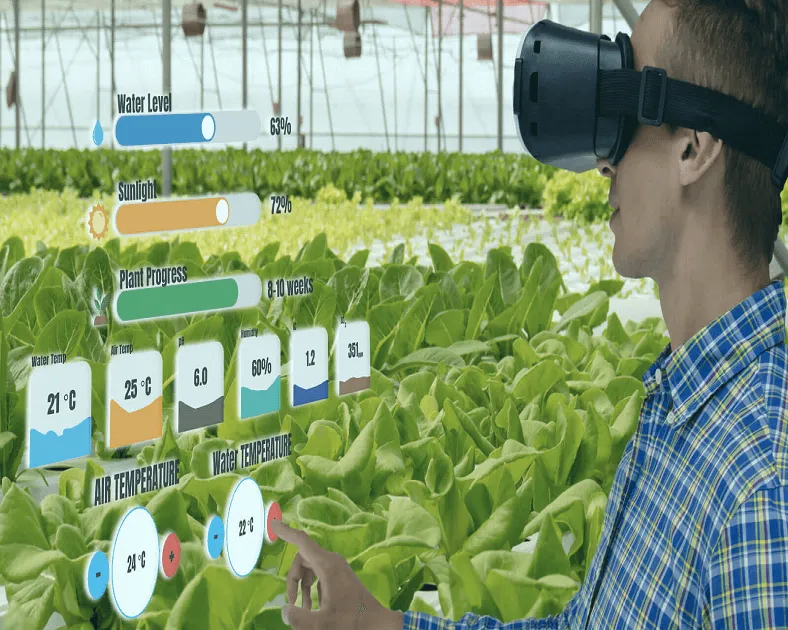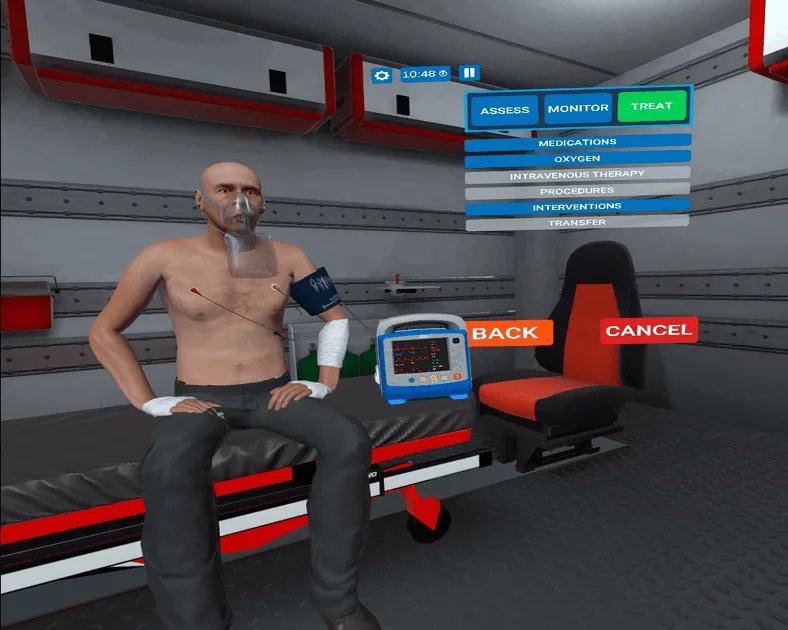Virtual Reality in Aviation and Airplanes
Virtual Reality / Vocational Training
Aviation is one of the most complex industries, requiring intensive training and skill development for pilots, air traffic controllers, and maintenance crews. Traditional training methods often involve a combination of classroom instruction and flight simulators, but emerging technologies like Virtual Reality (VR) are elevating the training experience to new heights. This blog explores how VR is transforming aviation training, making it more immersive, efficient, and effective.
The Benefits of Virtual Reality in Aviation and Airplanes
- Realistic Simulations
VR provides a highly realistic experience of flying an aircraft, allowing trainees to practice in different environments and weather conditions. This helps them prepare for a variety of scenarios, from routine to emergency situations.
- Enhanced Learning Opportunities
Trainees can repeat scenarios as many times as needed to master specific skills and concepts, reinforcing their learning and boosting confidence.
- Cost-Effective Training
Operating a plane or conducting flight hours can be expensive. VR significantly reduces these costs by providing an alternative method for practice without the overhead of fuel, maintenance, or aircraft rental.
- Immediate Feedback
Many VR systems offer instant feedback on performance, allowing trainees to learn from their mistakes and make adjustments in real-time, which is crucial for skill development.
Real-World Applications
The future of VR in aviation training looks promising as technology continues to evolve. Enhancements may include even more lifelike graphics, the integration of artificial intelligence for personalized training experiences, and collaborative training environments where multiple trainees can learn together in a virtual setting.
Conclusion
Virtual Reality is revolutionizing aviation training by providing immersive, realistic experiences that enhance learning and skill acquisition. By simulating real-flight scenarios, VR ensures that pilots, air traffic controllers, and maintenance personnel are well-prepared to take to the skies. As this technology advances, it will undoubtedly play a pivotal role in shaping the future of aviation education and safety.
Call us
Have you experienced VR in aviation or any other field? Share your stories and insights in the comments below! Stay tuned for more discussions on how technology is transforming training and education across various industries.
Explore More Projects
We welcome your questions, do not hesitate to contact us
- Create virtual reality and augmented reality experiences at the best prices
- Equipping engineering laboratories with the best equipment
- Virtual tours with 360° technology and also feature that you can see them through just one link
- Create virtual reality and augmented reality experiences at the best prices
- Equipping engineering laboratories with the best equipment
-
Virtual tours with 360° technology and also feature that you can see
them through just one link



